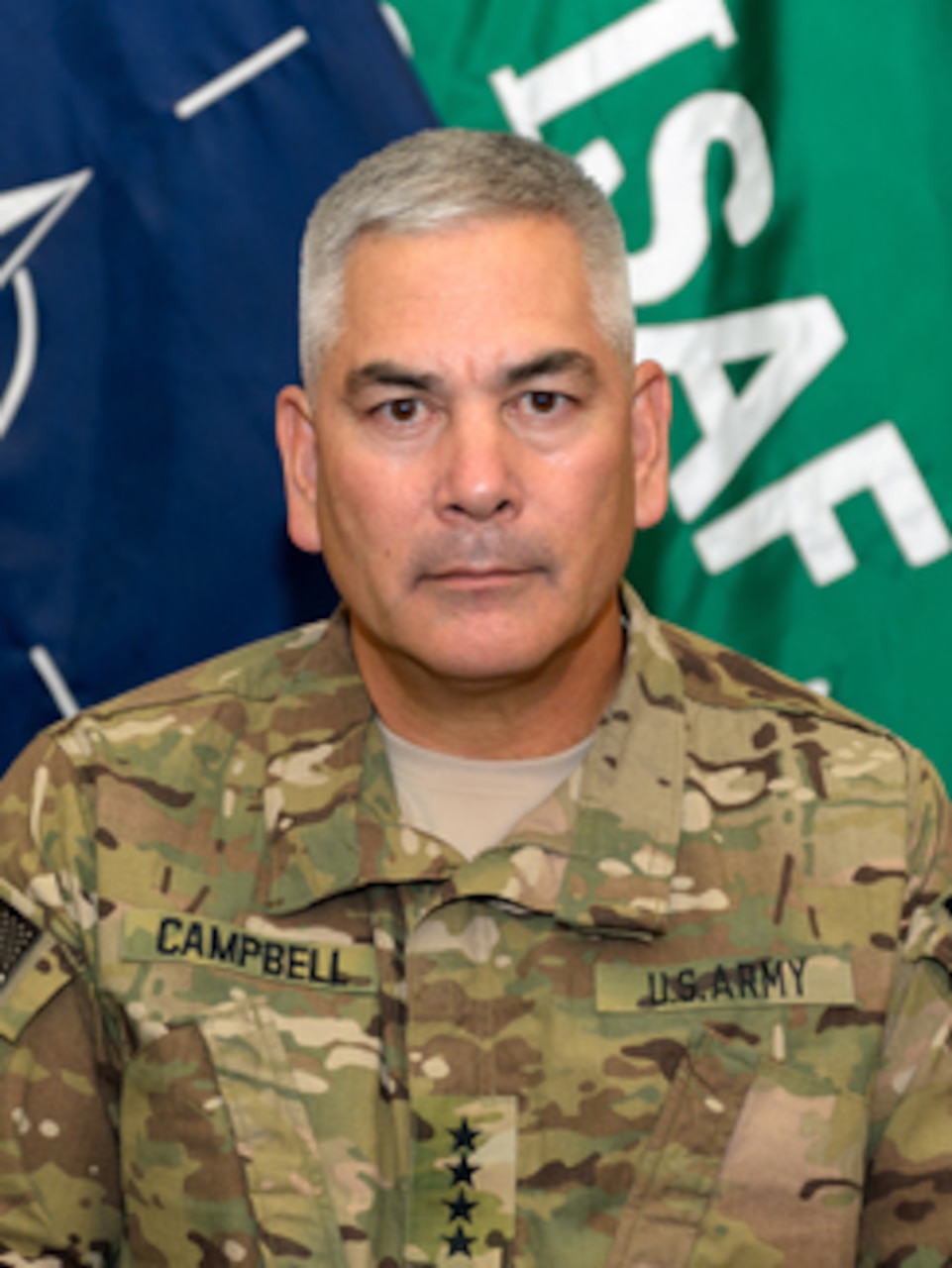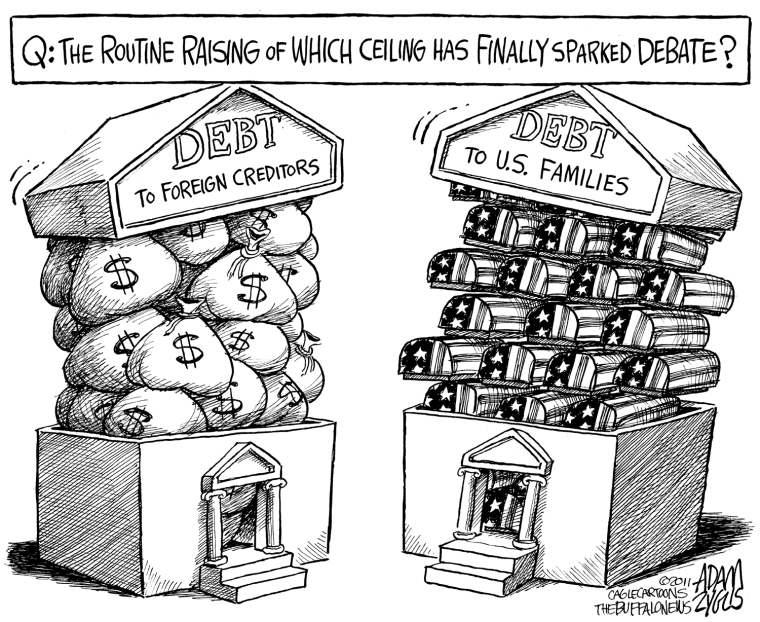


Photograph: Manpreet Romana/AFP via Getty Images ‘Paradoxically, the 2009-2011 troops surge in Afghanistan coupled diminished ambitions and increased resources.’ US marines at Camp Dwyer in Helmand province, 2009. By 2009, when Bush’s presidency ended amid the ruins of Iraq and the wreckage of the global financial crisis, it had become clear that those objectives were unachievable, and that American hegemony itself was receding.īut the US national security establishment had been charged with achieving those objectives, and was therefore both invested in their completion and increasingly detached from shifting public opinion. The objectives of those early years – to defeat every terrorist group of global reach and also build liberal democracies in Afghanistan and Iraq – appear unfathomable with the distance of 20 years, but they were broadly accepted after September 11, in a climate of American hegemony and post-9/11 fervour. Instead of wiping out al-Qaida’s leadership (who escaped into Pakistan) and coming home, the Bush administration decided to build a new Afghan government and then promptly shifted its attention to Iraq – while tarring its political opponents as weak and unpatriotic. But rapidly toppling the Taliban and scattering al-Qaida did not meet the ambitions of Bush, who had likened this conflict to the second world war and the cold war. Within weeks, Congress granted Bush open-ended powers to wage war, passed the Patriot Act, and set to work reconstructing the US national security apparatus. Most Americans were afraid, wanted to be protected, and were rooting for their government to succeed. Out of this trauma, the American public supported Bush’s declaration of a “war on terror” as a kind of blank slate, with details to be filled in by his administration. It will not end until every terrorist group of global reach has been found, stopped, and defeated.” Speaking days after 9/11 to an audience that included the US Congress and British prime minister, Tony Blair, Bush declared: “Our war on terror begins with al-Qaida, but it does not end there. But President George W Bush’s administration had larger ambitions. Like most Americans, I assumed my government would retaliate against the people who did this. I smelled the air, acrid from burnt steel and death, for days afterwards.

As a young New Yorker, I saw a plane plough into the World Trade Center and the first tower fall.


 0 kommentar(er)
0 kommentar(er)
